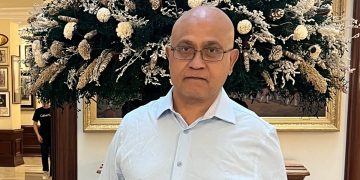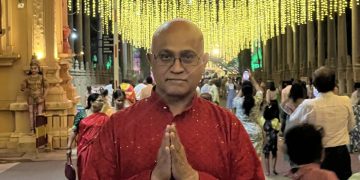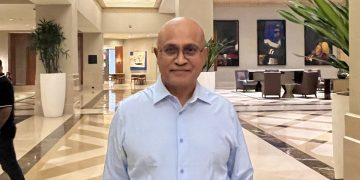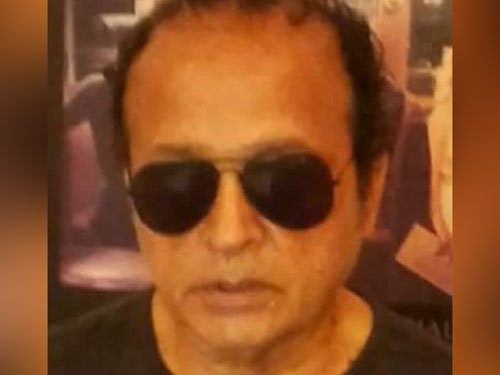Afro-American memoirist and poet, Maya Angelou famously said, “I got my own back” apparently implying that as a non-white person in a country where equality was not a given, she took it unto herself to not depend on white-supremacist America to watch her back for her. Like the Buddha said, you got to do it yourself, and so she did.
You know every year when it’s time again for national awards to be dispensed by the powers that be, rank and file Indo-Trini bother themselves with the questions: how many Indians are recipients and who got it for what category?
According to google, 37% of this country’s population are of pure Indian descent which makes it the single largest ethnic group and ahead of the second highest group, the Afro-Trinis, who comprise 34% of the population.
All kinds of studies have shown that Indo-Trinis excel in all endeavors they get involved in (except politics) and while this is so, while in the world of the professionals – in medicine, law, engineering, business, literature etc. the Indian success is without question, when its award season, Indian names are often few and scattered in the list of recipients.
In my first Civil Service job at Rio Claro, the CPO dropped by our office in the wilderness and suggested to me after seeing my qualifications that I should go to POS to work where the powers might see me, my work, and so promote me and that being where I was in Rio was not going to help me get the recognition I might be entitled to.
Because of this POS centric psychology, Indo-Trinis who belong to rural central and South Trinidad are often ignored when it comes to cherry picking awardees. And when an Indo-Trini is finally chosen, one is tempted to think that happened only because of his/her PNM party connection and contribution and not because one was outstanding in one’s chosen field.
How do we fix this sense of discrimination that permeates this psychology? The Presidential Medal of Freedom is America’s highest civilian honour, and while that is a fact, how many persons know that for a fact? Who was the last person who received it is not a question we could answer. However, ask who got the Oscar for best actor and actress at this year’s Academy awards, and lots of answers might be forthcoming simply because Hollywood outshines Washington; because the stars are just that: Stars.
Every year, the world waits with bated breath for the announcement of who won the Nobel Prize. Isn’t it time we name a prize after our own Nobel Prize winner – not just in his honour but in granting unto some citizen such an exaltation acquired through association with his name? So when Indian Arrival Day, Divali and Eid come around a Naipaul Prize for excellence is awarded to Indo-Trinis who are the descendants of indentureship and members of the Indian diaspora. Not only that, but prizes be given out to other persons who had distinguished themselves in the past year but because they originated at the back of Barrackpore, Siparia, Princes Town, Rio Claro etc. they were bypassed even by the media.
Some years ago I did a magazine, the Massala Star, which was intended to redress this blind spot of the Indian reality and which thus featured members of the Indian community who were bypassed by the mainstream media. Via this endeavour, my readers (and I) came across a community that had so many distinguished achievers who deserved front page coverage but were not even given footnote recognition by those who saw Indo-Trinis as just a marginal demographic in the national equation.
I say all this hoping that those who respond to just cheap sensationalism as of the Venee girl representing T&T find that this might be something more fundamental to our existence; that we might see a parallel organisation emanating from within ourselves rising to shine above what already exists – but only in its bias.
L. Siddhartha Orie (author)




































































